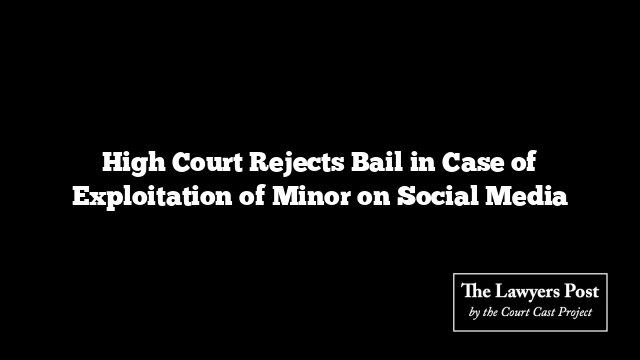In a strong directive aimed at ensuring the smooth functioning of transparency institutions, the Supreme Court has ordered the government to address the alarming number of vacancies in the Central Information Commission (CIC) and State Information Commissions (SICs) across the country. Highlighting a troubling gap in personnel, the Court emphasized that the prolonged lack of appointments threatens the fundamental objectives of the Right to Information (RTI) Act.
A bench comprising Justices Surya Kant and Ujjal Bhuyan noted that as of November 11, eight positions in the CIC remain unfilled, with only three Information Commissioners currently serving. Additionally, numerous State Commissions face a similar crisis, with vacancies ranging from seven in Maharashtra to two in Tamil Nadu. Shockingly, states like Jharkhand, Telangana, and Tripura have been operating without functional commissions for years due to a complete absence of appointments.
The Court has mandated swift action, instructing both the central and state governments to provide status reports within two weeks, detailing their plans to address these vacancies. The reports must specify the timeline for initiating and completing the appointment process.
“Delays in filling these positions undermine the efficacy of the RTI framework, leaving citizens without access to the transparency they are entitled to,” the bench remarked, referencing earlier judgments emphasizing the need for timely appointments.
The directive stems from a public interest litigation (PIL) highlighting the dire state of these commissions. The petitioners, led by RTI activist Anjali Bhardwaj, argued that the chronic delays in appointments erode the core purpose of the RTI Act. The Court has scheduled the next hearing on this matter for December 17, signaling its continued focus on holding authorities accountable.
This is not the first time the Court has addressed this issue. In a 2019 ruling, it laid out comprehensive guidelines for ensuring transparent and expeditious appointments to the commissions. However, the persistent inaction has now prompted further judicial intervention.
By mandating clear timelines and actionable plans, the Supreme Court aims to reinvigorate the RTI machinery, ensuring that citizens’ right to information is upheld without obstruction.





